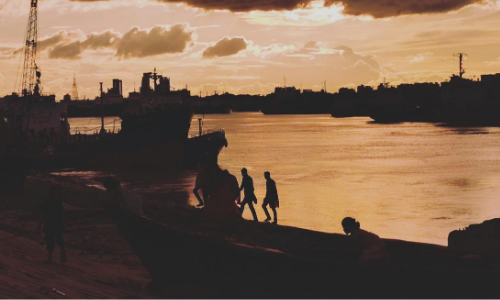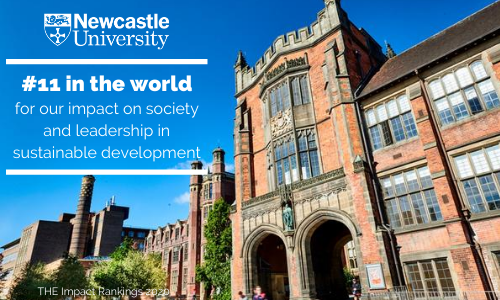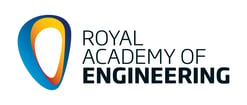Improving safety in ship recycling practices in Bangladesh
10 August 2020 | By: Arun Dev | 2 min read
Despite safe, modern decommissioning facilities being available around the world most ships and many offshore structures reach the end of their operational lives on a handful of poorly equipped beaches in South Asia.
Ship recycling is a crucial industry in several south Asian countries including Bangladesh, India and Pakistan. Quite often, the steel used in construction in these countries has been reclaimed from ships that are dismantled on their shores.
But the recycling of material and economic importance of ship breaking masks some serious problems.
As well as the environmental impact of poorly regulated decommissioning, the International Labour Organization has classified shipbreaking among the world’s most dangerous occupations. It has unacceptably high levels of fatalities, injuries and work-related disease.
Such practice clearly undermines several of the United Nations' Sustainable Development goals, most notably Goal 8: Decent Work and Economic Growth.
Along with my colleague Dr Mohammed Abdul Hannan, I am delighted to have been awarded a grant by the Royal Academy of Engineering and the Lloyd's Register Foundation to address the challenge of unsafe working. We're working under the international collaboration scheme, Engineering X, and it's "Safer End of Engineered Life" Mission.
Unsafe ship breaking clearly undermines several of the United Nations' Sustainable Development goals, including Goal 8: Decent Work and Economic Growth
The grant will support a project that sees us working with the Bangladesh University of Engineering and Technology (BUET) and Kabir Steel Limited (Bangladesh).
The project is titled "Safety envelope for ship recycling practices in Bangladesh: hazard identification and risk evaluation."
The next steps
Currently, the ship breaking industry operates mostly on indigenous knowledge and it tends to run outside of any regulatory framework.
The need to develop a culture of both safety and environmental-friendliness is urgent to say the least.
We're working towards three goals:
- Generation of evidence-based facts on safe ship recycling methods and practices
- Dissemination of the findings to stakeholders through interaction and collaboration
- National, regional and international workshops, seminars and conferences to share best practice.
We believe that it is possible to identify cost-effective technology and policy that can tackle the human and environmental risk of some ship breaking practices.
We have an excellent opportunity to collect useful data from the ship recycling industry and then analyse those for a sustainable safety envelope for this industry.
Our ultimate aim is to increase the number of safety-conscious professionals and yard owners, all working with a common goal of achieving greater levels of safety for the ship breaking yards.
The Engineering X scheme
Engineering X is an international collaboration founded by the Royal Academy of Engineering and Lloyd’s Register Foundation.
The scheme has awarded nearly £1 million in grants to only six projects aimed at tackling the complex social, environmental and engineering challenges of decommissioning ships and offshore structures
It is a new international collaboration that brings together some of the world’s leading problem-solvers to address the great challenges of our age.
Our global network of expert engineers, academics and business leaders are working in partnership to share best practice, explore new technologies, educate and train the next generation of engineers, build capacity, improve safety and deliver impact.
We're delighted to be joining the Engineering X community of partners from around the world. It is building on a network of global alliances to tackle the most pressing engineering, safety and sustainability problems, and developing practical, sustainable and accessible solutions for the engineering profession worldwide.
Related websites and links
- Newcastle University Singapore
- Dr Arun Dev
- Dr Mohammed Abdul Hannan
- Newcastle University Global Challenges Academy
- Engineering X
- Newcastle University ranked 11th in the world for our impact on society and leadership in sustainable development
Header image: Unsplash | @safwan_mahmud




